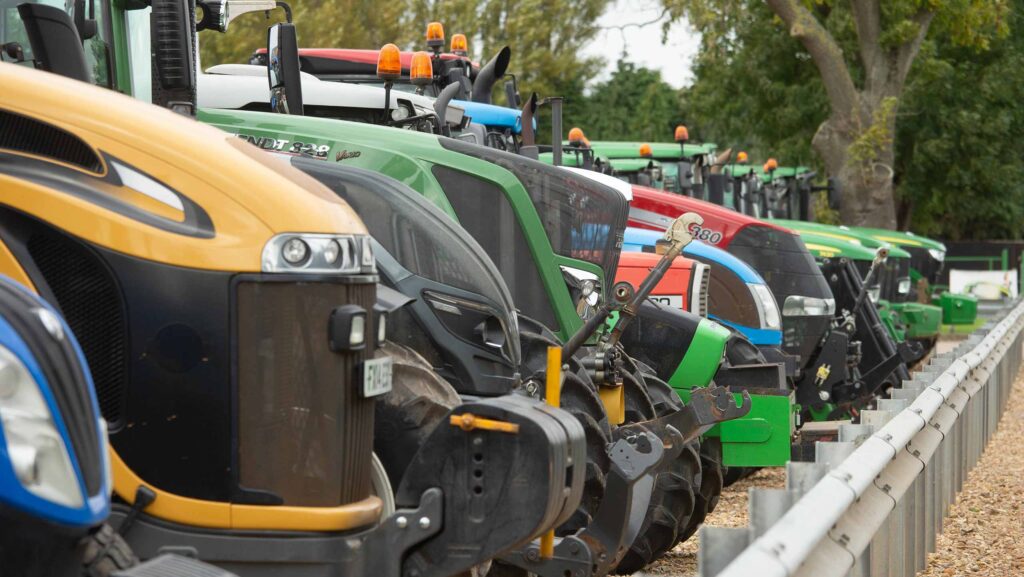CAAV set to step up its estimates of numbers to be hit by IHT
 © Tim Scrivener
© Tim Scrivener Fresh analysis by the Central Association of Agricultural Valuers (CAAV) shows that even more farmers will be affected by the government’s planned changes to inheritance tax (IHT) than originally claimed by the Treasury.
The CAAV recently produced a report showing that the government had massively under-estimated the number of farmers affected.
This is due to the CAAV failing to take account of the number of farmers claiming business property relief (BPR) in its figures.
See also: New estimates suggest 2,500 farmers a year will be hit by IHT
Rather than 27,000, the CAAV estimated that around 75,000 producers would at some point get caught by the new IHT regime.
This number looks set to be revised upwards.
“Looking at HMRC’s express advice on tax returns, it states that, where full business property relief applies (as in most farming cases), the values given in tax accounts should be used, not the open market value,” says Jeremy Moody, secretary and adviser to the CAAV.
“Farmers’ accounts for assets that qualify for BPR – like machinery and livestock – are based on historic cost. This means they will be valued at significantly less than open market value.”
The new rules will mean that all assets will need to be accounted for at current market value, bringing significantly more people into paying IHT and adding more cost to those already affected.
Vulnerable
Livestock farmers will be especially vulnerable, says Mr Moody, as currently HMRC considers the “deemed cost” for cattle in accounts, which is 60% below market value.
“Market value would mean a potentially massive uplift over the accounting value for a long-standing dairy herd, for example.”
Under the new regime, livestock, machinery, silage and other operational farming assets will have to be valued upon death, and tax paid on anything worth over £1m.
“All of this means that yet more money will have to be found to pay the tax, whether by selling more land, more operational business assets, or foregoing more income and investment,” Mr Moody adds.
Northern Ireland to feel the brunt of IHT change
The impact of IHT on farmers in Northern Ireland is likely to be even more severely felt than in Great Britain, according to the Department of Agriculture, Environment and Rural Affairs (Daera), with around half of all farms affected.
Land prices are already higher in Northern Ireland. Including houses, farm buildings, machinery and livestock takes the average value from £15,000/acre to an estimated £21,000/acre.
Agriculture minister Andrew Muir said: “The initial analysis undertaken by my department painted a worrying picture, but this deeper study has truly revealed the stark reality of how many hard-working farmers could be impacted by the inheritance tax changes.
“I stand firmly with the agriculture sector in calling for these damaging changes to be reversed. Northern Ireland will be disproportionately impacted due to the makeup of our agri-sector and it cannot continue.
“My department’s analysis is at odds with the Treasury figures presented which relate to 2021/22 claims for APR and BPR and are almost certainly a major underestimation of the impact.”
